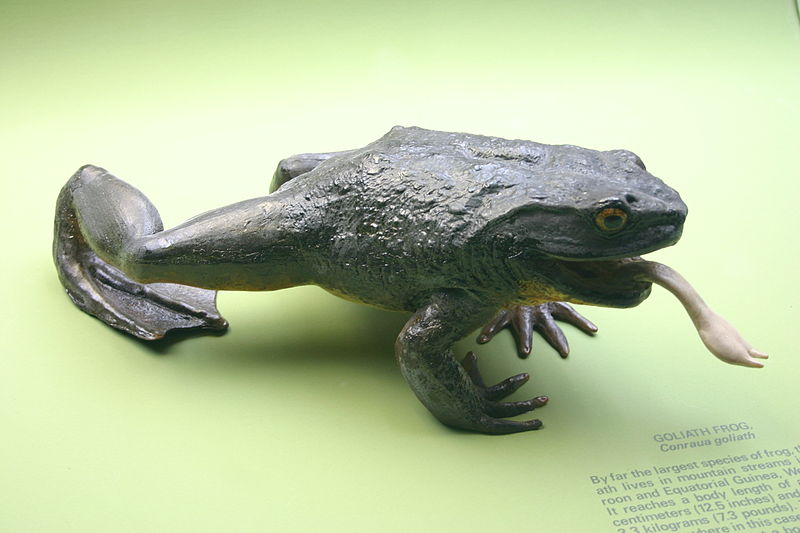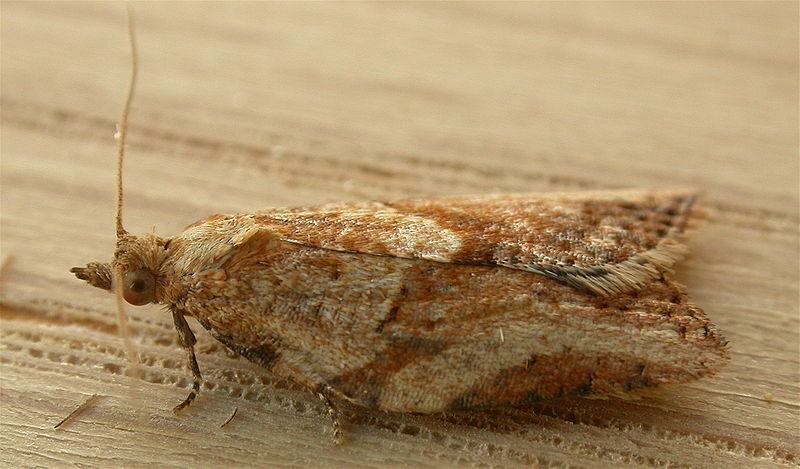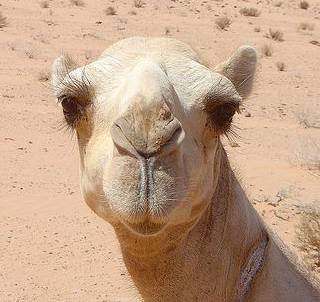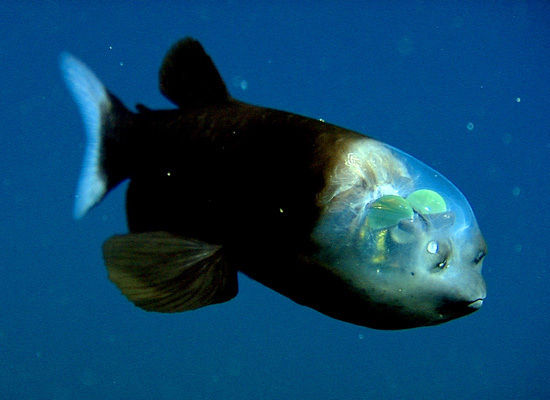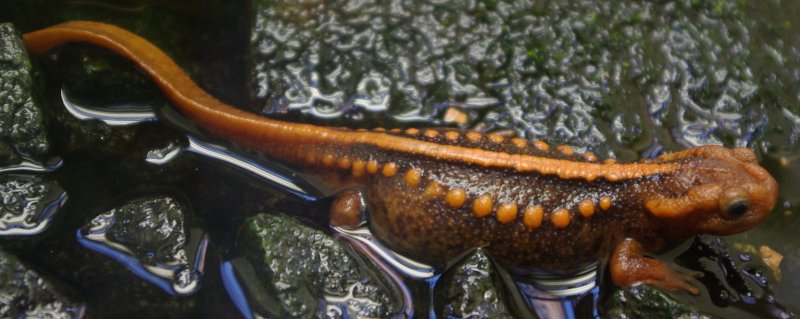
While all of the Newt’s this week have been great, I think today’s animal, the Emperor Newt, is my favourite so far. Why? Well, there are a couple of reasons but it all starts with their cool and powerful name. This Newt just sounds like it is better than all the rest, doesn’t it? They are also known as the Mandarin Newt, and can typically be found hanging around water bodies in Yunnan, China or in homes all across the world as wild specimens are often collected for the pet trade industry.
Deceivingly Beautiful
One of the characteristics that makes the Emperor Newt so interesting is their beautiful yet revealing colour pattern. Not only do the bright orange / yellow spots look awesome, they also reveal the dangers of this particular Newt. Each and every one of those colourful spots are poison glads capable of excreting a toxin that can kill 7500 mice. All the Emperor Newt has to do is expand their ribs and it is “Goodbye Predator”. This may be a cool feature but excreting poison is typically the last line of defence for this calm Newt.
Defense First
Typically the Emperor Newt will try to avoid predators, which is made possible due to their nocturnal habits and solitary lifestyle. If this doesn’t work, they may just rely on their extra thick skull to protect them from any attacks. Naturally, if this doesn’t work then they bring out the big, poisonous guns to end the threat once and for all. I guess at that point, it is the predators fault since the Emperor Newt tried to spare them their lives. I guess some predators will just never learn.
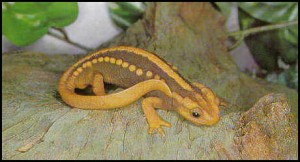
What’s in a Name?
One last thought about the name of the Emperor Newt. Their scientific name is Tylotoritin shanjing is fun to say but also has an underlying meaning in Mandarin. The species name is derived from two Mandarin words, “shan” meaning “mountain” and “jing” meaning “spirit” or “demon”. I would have to think that any predator that has tasted the Emperor Newt probably agrees with the “demon” part. Oh and I forgot to tell you that the Emperor Newt is typically found at an elevation between 100 and 2500 metres (330 – 8200 feet), which explains where the “mountain” terminology came from. The next time you are walking through Yunnan, be on the lookout for the Mountain Demon also known as the Emperor Newt.

